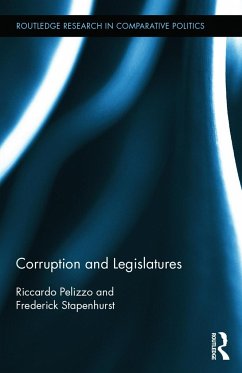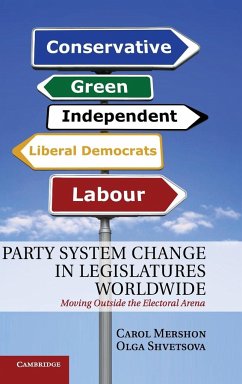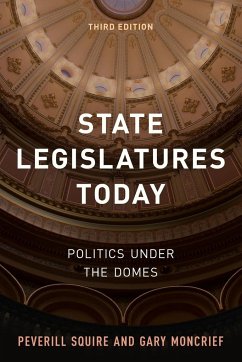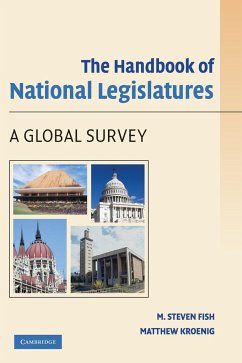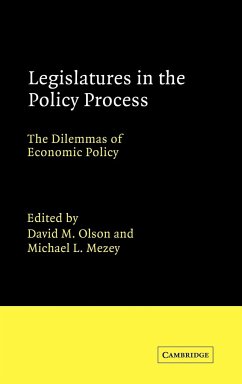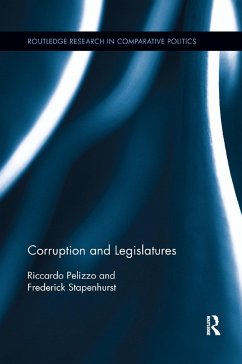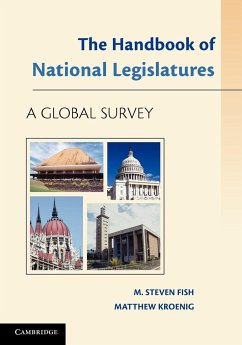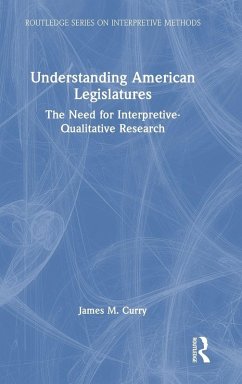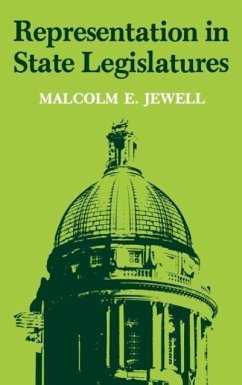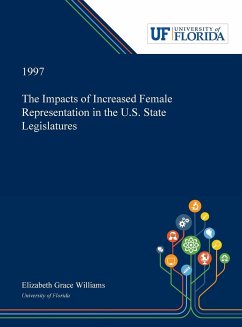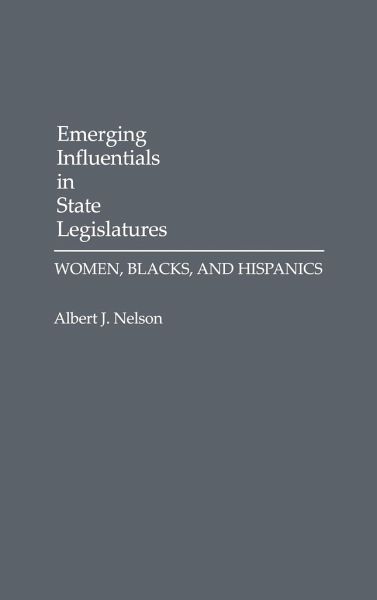
Emerging Influentials in State Legislatures
Women, Blacks, and Hispanics
Versandkostenfrei!
Versandfertig in 1-2 Wochen
70,99 €
inkl. MwSt.

PAYBACK Punkte
35 °P sammeln!
Although representation by women, blacks, and Hispanics in state legislatures has increased greatly in recent decades, the significance of these gains has not been systematically evaluated. Albert Nelson's study explores several important questions in this area: Does greater representation in fact result in proportionally greater influence in political parties and policy outcomes? How do party affiliation, gender, and other variables affect the political fortunes of these groups? And what is the impact of party affiliation on their turnover rates in legislatures? Nelson scrutinizes the factors...
Although representation by women, blacks, and Hispanics in state legislatures has increased greatly in recent decades, the significance of these gains has not been systematically evaluated. Albert Nelson's study explores several important questions in this area: Does greater representation in fact result in proportionally greater influence in political parties and policy outcomes? How do party affiliation, gender, and other variables affect the political fortunes of these groups? And what is the impact of party affiliation on their turnover rates in legislatures? Nelson scrutinizes the factors that influence minority and female incorporation into the legislative process, including opportunity and incentives, party affiliation, religion, employment, and cultural elements. He examines differences in legislative representation in the North and South. In addition he assesses party representation according to gender, minority group, and political affiliation and investigates differences in turnover rates between Democrats and Republicans. Nelson explains how these elements translate into practical political results in both legislatures and the power base provided by political parties. The final chapter provides an overview of Nelson's findings and identifies promising areas for continuing research. Based on a statistical analysis of state legislatures in the 1980s, this book will be a useful resource for scholars and students in political science, the social sciences, minorities studies, and women's studies.





